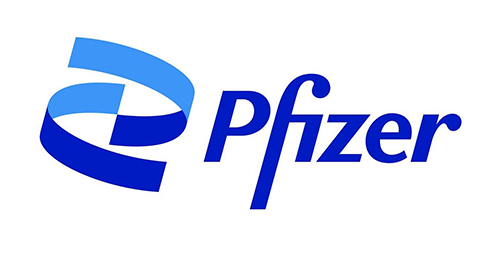
Pfizer has announced that the first participant has been dosed in the Phase 2 DAYLIGHT study, which will evaluate the safety and tolerability of the company’s investigational mini-dystrophin gene therapy product (fordadistrogene movaparvovec) in very young patients with Duchenne.
The trial is expected to enroll 10 participants who are at least 2 years old and less than 4 years old; including 3-year-olds up until their 4th birthday. The study (across 6 clinical trial sites in Australia and the United States, with no placebo arm) will aim to generate data on the safety and potential efficacy of intervening with gene therapy earlier in Duchenne.
We look forward to continued updates from Pfizer as the trial progresses.
Read Pfizer’s community letter
November 18th, 2022
We are pleased to share the good news that the first participant has been dosed in the Phase 2 DAYLIGHT study, which will evaluate the safety and tolerability of our investigational gene therapy candidate fordadistrogene movaparvovec in boys with Duchenne muscular dystrophy (DMD).
The DAYLIGHT open label trial is expected to enroll approximately 10 ambulatory male patients, ages 2 through <4 (boys who are at least 2 years old and less than 4 years old; including 3-year-olds up until their 4th birthday), across 6 clinical trial sites in Australia and the United States, with no placebo arm. The first patient was dosed at The Children’s Hospital at Westmead in Sydney, Australia, earlier this month.
We believe that the DAYLIGHT study will generate valuable data in this younger age group and will inform us on the safety and potential efficacy of intervening with gene therapy earlier in Duchenne.
Our Phase 3 CIFFREO clinical trial in ambulatory patients (boys who are at least 4 years old and less than 8 years old, including 7 year-olds up until their 8th birthday) continues to enroll participants across over 30 sites globally.
Overall, we anticipate that our gene therapy program will generate a robust set of clinical data on fordadistrogene movaparvovec across the Duchenne spectrum.
We will continue to share information with the Duchenne community as it becomes available.
As always, we want to express our gratitude for your trust and collaboration as we continue to work diligently and with the utmost care to advance our gene therapy program for Duchenne. We want to thank the participants in our clinical program and their families, without whom the development of this much-needed potential new therapy would not be possible.
Sincerely,
The Pfizer DMD gene therapy team



 by: Parent Project Muscular Dystrophy
by: Parent Project Muscular Dystrophy

